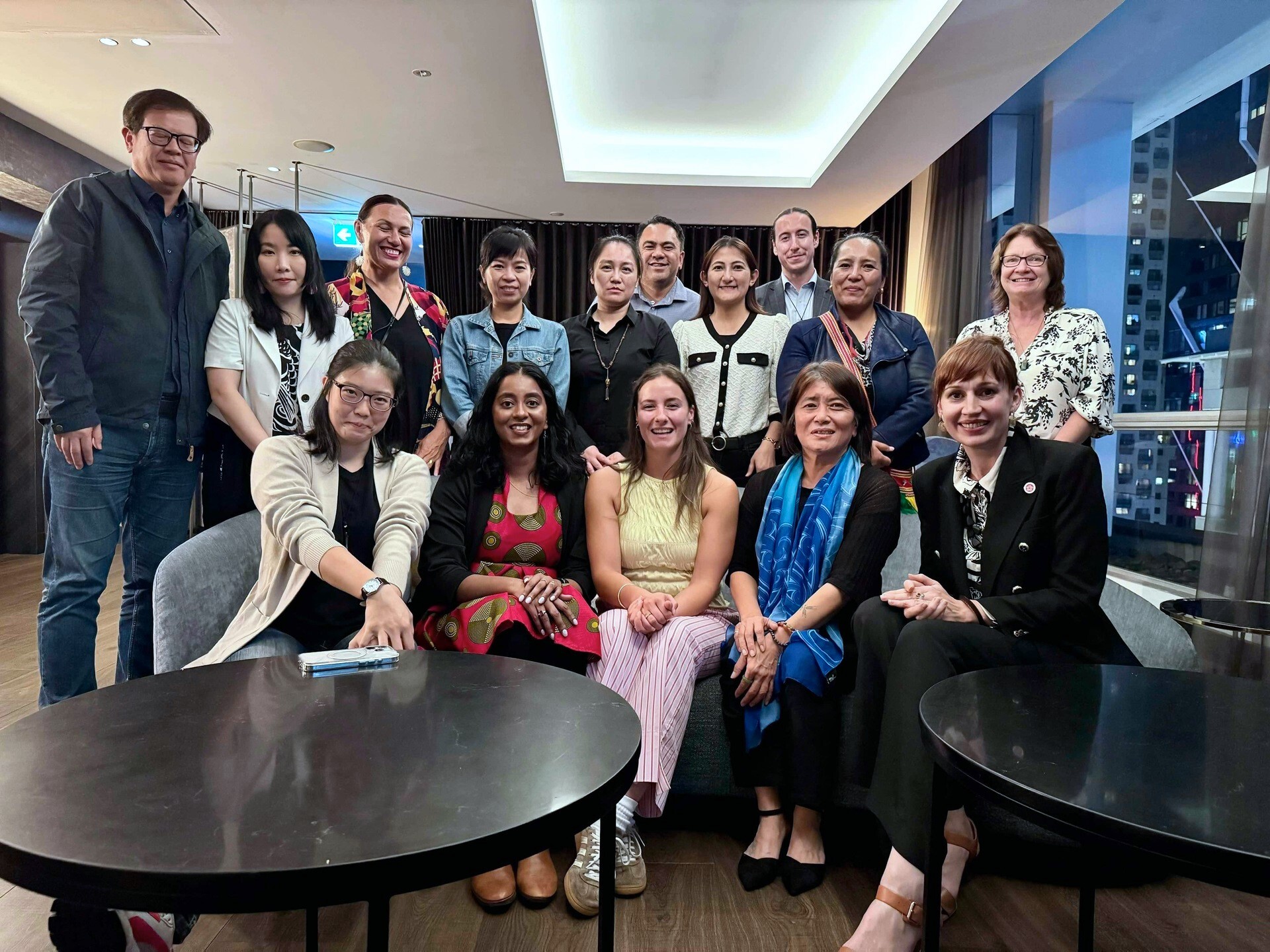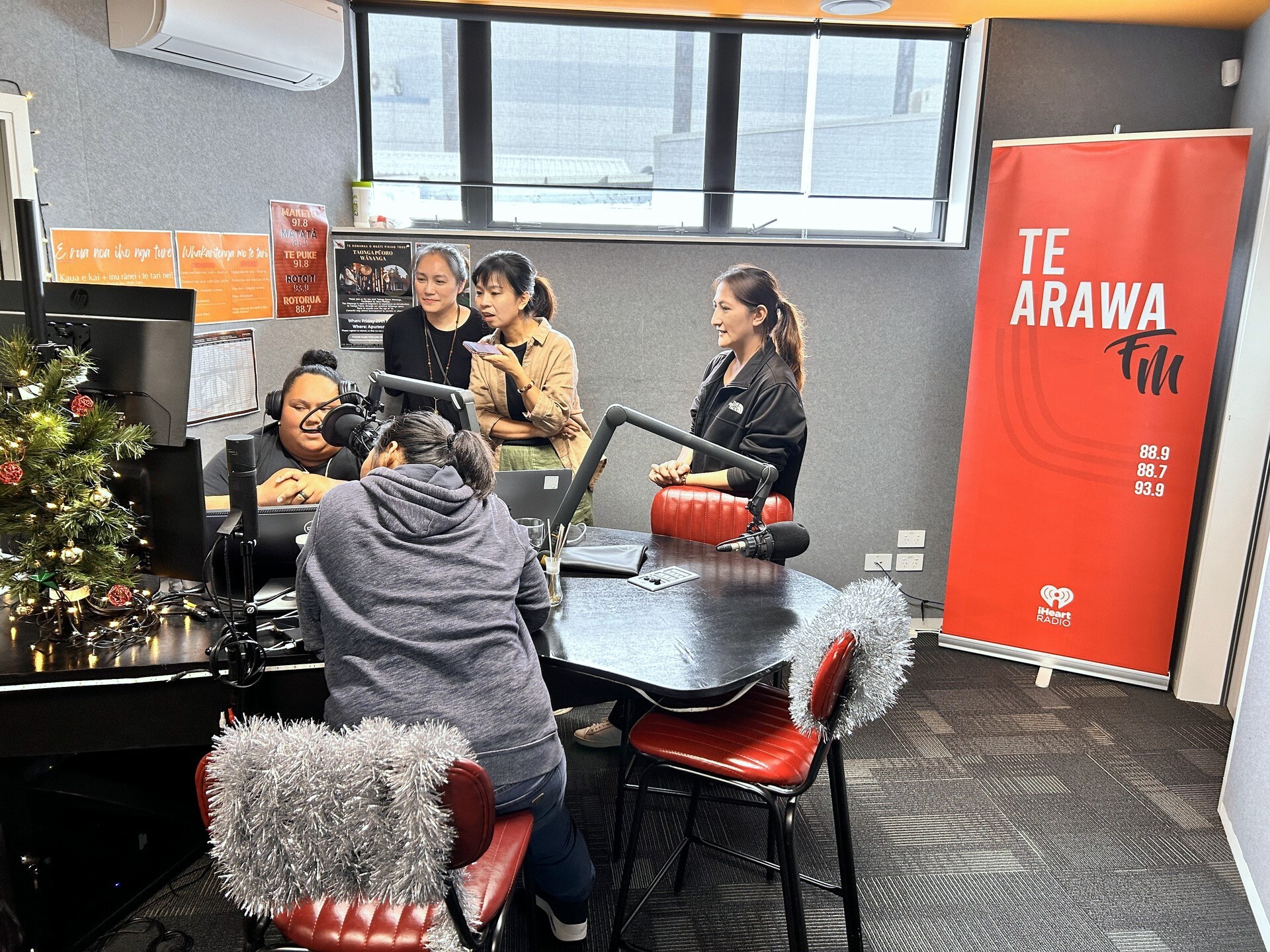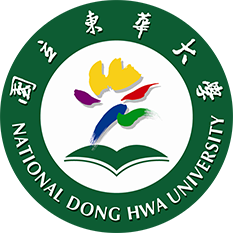Strengthening Indigenous Solidarity:Taiwan Delegation Engages with Māori Culture and Sovereignty Practices in Aotearoa New Zealand
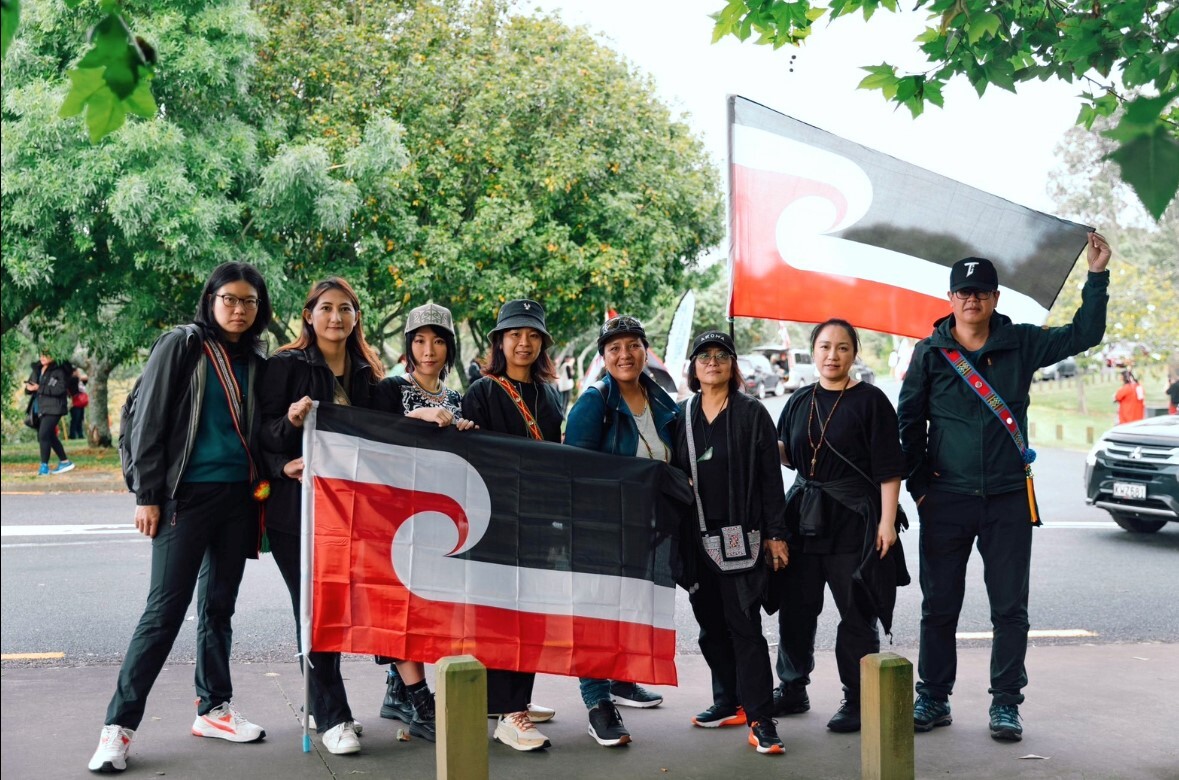
Under the leadership of Professor Bavaragh Dagalomai Jolan Hsieh, Director of the Center for International Indigenous Affairs at National Dong Hwa University, a team of Indigenous scholars and graduate students from Taiwan recently embarked on an in-depth cultural exchange in Aoterora New Zealand. The delegation engaged in activities that included attending a traditional Māori funeral, supporting Māori sovereignty under the Treaty of Waitangi, and exploring the core values and practices that define Māori culture, language, and land rights.
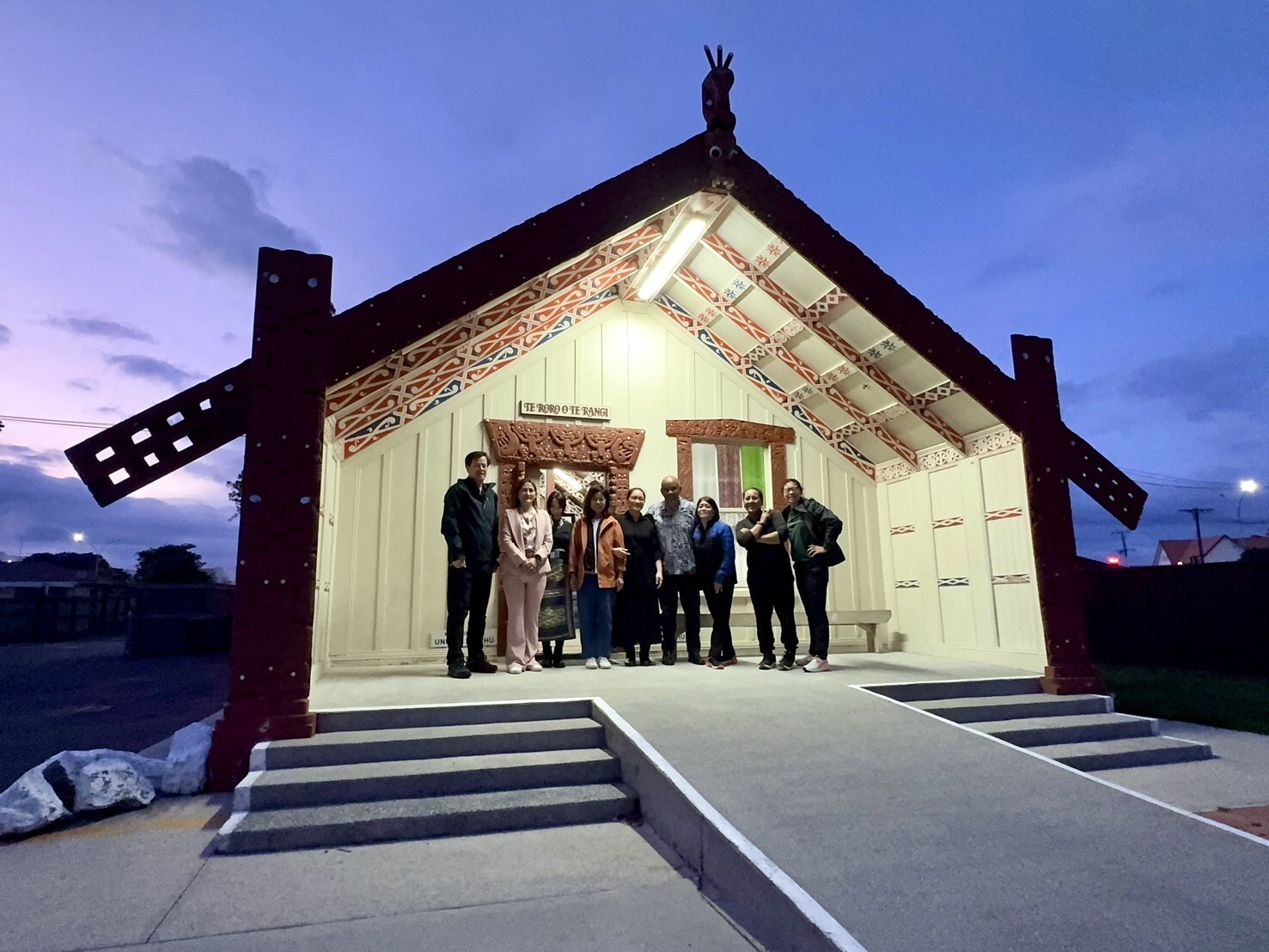
Honoring History: Participating in a Māori Funeral
A key moment of the visit was attending the state funeral of Sir Robert Gillies, the last surviving member of the 28th Māori Battalion, affectionately known as "The Bom." Sir Gillies was a WWII hero and a tireless advocate for Māori cultural preservation. His passing marked the end of an era for the Māori community.
The Taiwanese team witnessed a deeply moving ceremony that highlighted how Māori traditions honor their heroes and preserve cultural memory. Some members of the delegation had met Sir Gillies during a previous visit in 2020 and were deeply touched to pay their respects by performing a Cou requiem at the funeral. This solemn experience offered the team a profound understanding of how Indigenous rituals foster historical healing and intergenerational justice.
Advocating for Treaty Rights: Supporting Māori Sovereignty
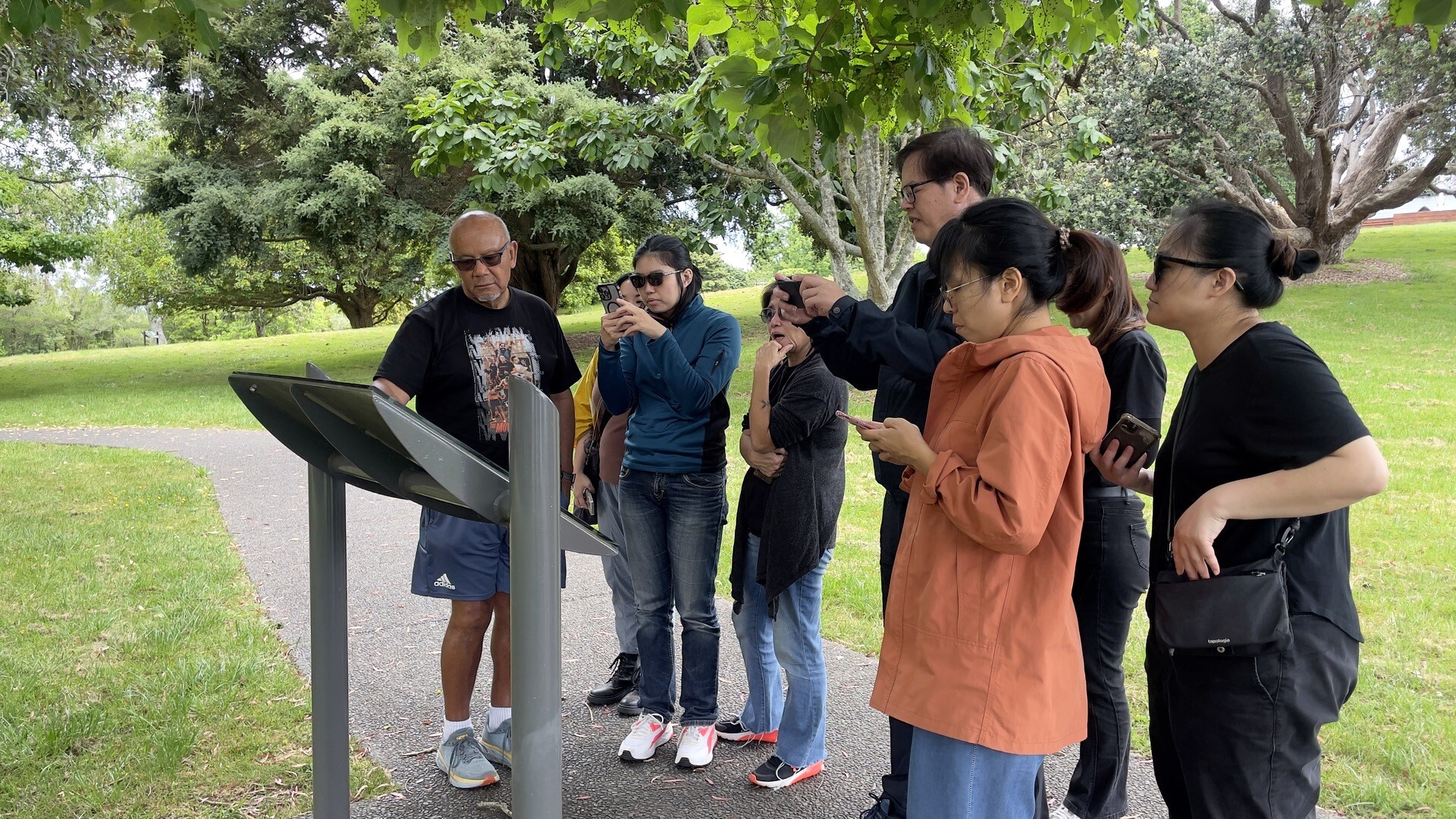
The delegation also participated in the "Toitū Te Tiriti" action in Auckland, a public call for the government to uphold the Treaty of Waitangi, signed in 1840, and to safeguard Māori land and cultural rights.
Professor Bavaragh Dagalomai, speaking to the media during the event, emphasized the significance of international solidarity, stating, "As Indigenous peoples from Taiwan, we stand with the Māori community in defending their treaty rights. Their struggle for justice and sovereignty resonates deeply with our own experiences." Panay Tana Takisvilainan, another member of the delegation, added, "Although we are not Māori, we share a common vision for Indigenous self-determination and are here to lend our support."
Learning from Māori Leadership: Culture, Language, and Land Sovereignty
The delegation participated in cultural immersion activities at the Te Kuirau marae in Rotorua, hosted by Hon. Te Ururoa Flavell, former MP and Minister for Māori Development. These sessions delved into the richness of Māori traditions, community values, and practical approaches to cultural revival, land management, and economic development.
The team also engaged with senior leaders from GHA, a Māori-focused consulting firm, to learn about their initiatives in land rights and resource management. At a local radio station, they explored the media's role in strengthening Indigenous identity and preserving language sovereignty.
Building Bridges: Collaborative Opportunities and International Connections
In Auckland, the team met with young leaders from academia, public, and private sectors through programs arranged by the Asia New Zealand Foundation, where Professor Bavaragh Dagalomai serves as an honorary advisor. The delegation also held discussions with Whakaata Māori CEO Shane Taurima, who highlighted the integral link between language revival and media independence. Taurima extended an invitation to the Taiwanese team to attend the World Indigenous Broadcast Network(WIBN)Conference in Taiwan next year, fostering deeper global collaboration between Indigenous communities.
Shared Vision: Preserving Culture and Pursuing Justice
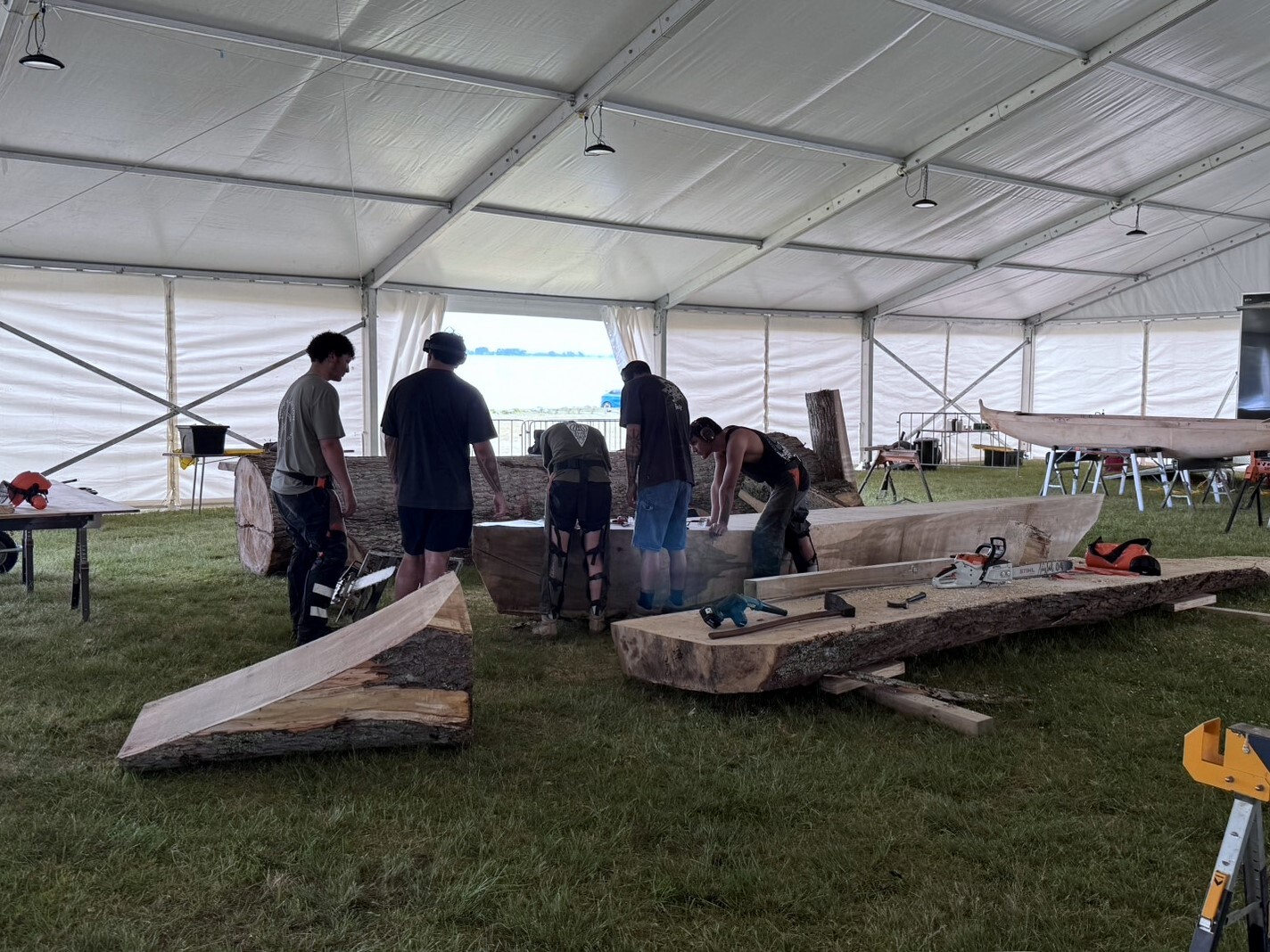
Reflecting on the exchange, team member Mulas Ismahasan noted, "Cultural continuity is achieved not just through remembrance but through active participation. This shared commitment to cultural revival and self-identity connects Taiwan's Indigenous peoples with the Māori." Dr. Sifo Lakaw also emphasized that language sovereignty is more than a symbolic tool; it requires sustained effort and activism for genuine revival.
Professor Bavaragh Dagalomai concluded, "Indigenous cultures, languages, and traditions are not merely artifacts of the past-they are the cornerstone of our collective identity, now and in the future. This exchange has been a profound cultural awakening for our team and a testament to the power of solidarity among Indigenous peoples worldwide. We are deeply grateful to the Council for Indigenous Peoples's Affairs, the Fu-mei Wu Scholarship, and other sponsors whose support made this journey possible, empowering the next generation of Indigenous leaders and showcasing Taiwan's Indigenous wisdom on the global stage."
